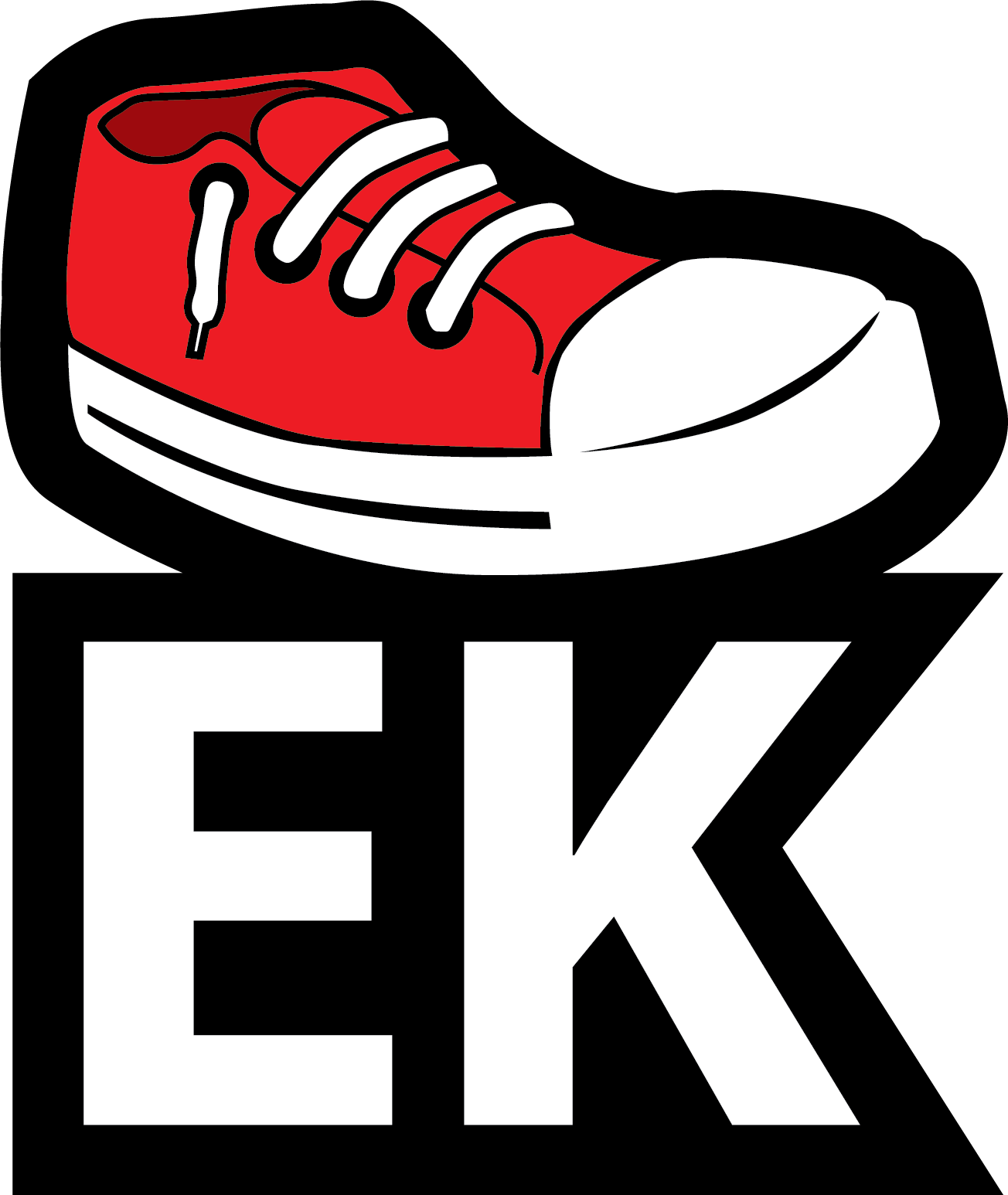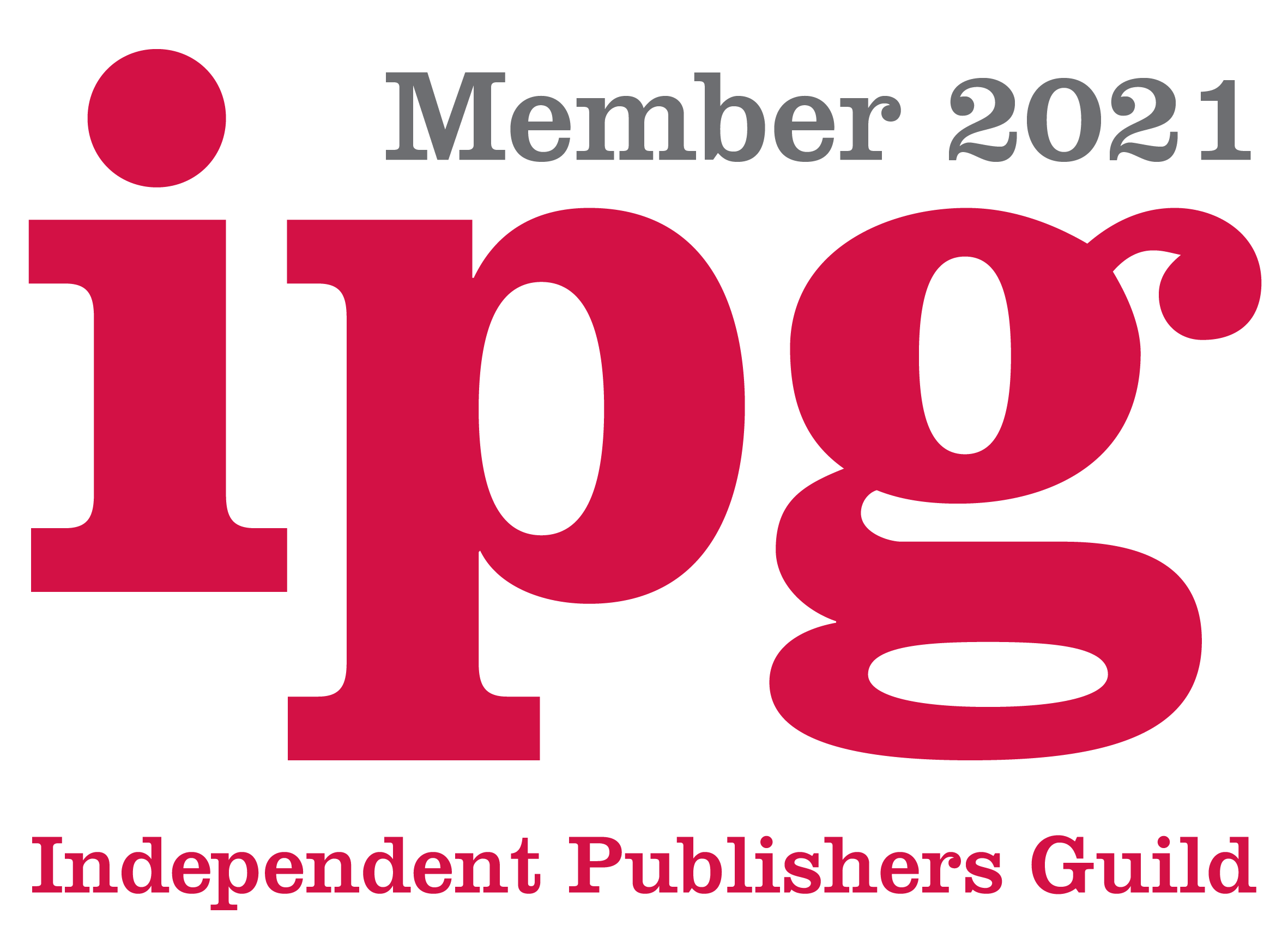Hollywood has been largely responsible for the image that comes to mind when we think of a publishing house: rows of workers clacking away at keyboards from tight cubicles, busy interns rushing from one corner of the office to another, and the all-mighty “editor” sitting in their glass-walled office as they shuffle through stacks of papers or books. While some very large publishing houses may have this kind of air to them, this image has done a disservice to the way the public imagines the workings of a publishing house, as it overlooks many of the key players that work day in and day out to get books out into the world.
This series attempts a course correction by looking at individual positions you’ll find at any given publishing house, large and small, and offering an explanation of what that position involves and how their work impacts the publishing house as a whole. Here, we hope to help you see the publishing house as a body with many moving parts, each as integral as the next, instead of as a machine with one central motor running the show.
In Part 1 of this series, we’re looking at the role of the publisher.
What is a publisher?
First, it’s important to distinguish between an editor and a publisher. In the US, you may hear the “editor” being referred to as the person in charge of reading manuscripts and accepting works for publication. That is often the case... at magazines or newspapers. When talking about an editor at book publishing companies, the editor officially refers to the person in charge of the copy- or structural editing of individual titles, as well as communications with the designer to put a given book together. The book publisher, on the other hand, is responsible for an entire list or imprint, as opposed to individual titles.
According to Anouska Jones, the Publisher of EK Books, the role of the publisher is “to shape the direction of a publishing house’s list through the acquisition of manuscripts or by commissioning new manuscripts and then overseeing their development through to a final published book.” Put simply, the publisher reads submitted manuscripts and makes sure the right things get published at the right time. What are the “right things”? Each publishing house and associated imprints have their own style and ethos, and the chosen manuscripts need to be in line with those. For example, if a publishing house specializes in science fiction, the publisher ensures that a non-fiction title on the history of World War II doesn’t make it onto the list.
What does a publisher do?
The work of a publisher can vary widely day to day and week to week, but their big picture responsibilities tend to remain fairly stable. On a given day, you may find them:
- Assessing new submissions, though this may sometimes be initially handled by other editorial staff in larger book publishing houses.
- Developing new ideas and concepts and finding the right authors to write about them.
- Drawing up contracts for new titles (or overseeing that process).
- Liaising with authors on the development of their manuscript to make sure it hits the brief and is right for the intended target market.
- Finding the right illustrators to bring a manuscript to life for children's books.
- Working with editors, designers, and production to create the physical books.
- Staying abreast of trends and new talent.
- Overseeing – or actually doing – the preparation of title information that is then used by the Sales teams and that becomes the book’s metadata.
- Liaising with Sales and Marketing to make sure they have all they need to do their jobs.
- Presenting new titles to the various teams at the publishing house.
- Tracking budgets and costings to make sure that titles come in on (or under) budget.
- Keeping an eye on the overall direction of the list to make sure it remains true to the imprint’s style.
What skills does a publisher need?
Based on the list above, it’s obvious that the role of a publisher is one that is multifaceted and, indeed, essential to any publishing house. With so many varying responsibilities, what are the hard and soft skills that make a publisher successful? Anouska had some thoughts on this, as well. Her first suggestion: “An overwhelming, all-consuming love of books and reading!” That will get you started in a publishing career, of course, but then you need to follow up with other skills, most of them related to communication.
For example, good grammar and writing skills are important. Anouska points out, “To become a publisher, you are likely to have started as an editor, so you need excellent language skills to make your way up. Publishers can also come from Sales backgrounds, but you still need to be able to write well to get people to fall in love with your books.” Apart from being able to write well, you also need to be able to speak well, as you need to sell the chosen books to the Sales team and be able to tell authors and illustrators what you want in order to meet deadlines.
Beyond communication skills, commercial awareness, an eye for detail, a high reading speed (or the ability to function on little sleep), and good organizational skills are all useful in the role of a publisher.
Of course, every publishing house is a little different in their direction and goals, and the publisher will need to be flexible to help things stay on track. If we’re thinking of the publishing house as a body, perhaps the publisher is the heart, pumping blood into each of the other organs and making sure they each have what they need in order to keep the body moving.



